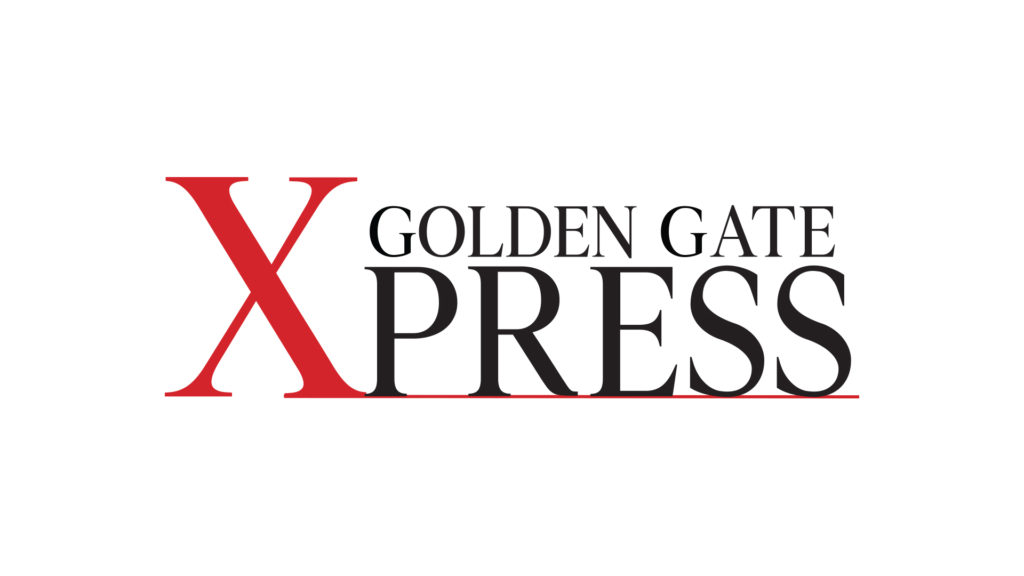Santa Clara County and the city of San Francisco sued the Department of Homeland Security on Aug. 13 over a federal rule broadening what public benefits can be considered grounds for denying an immigrant permanent U.S. residency.
“This rule forces people to make an impossible choice: their health or a better future for their family,” San Francisco City Attorney Dennis Herrera stated in a press release.
Sixteen states have since filed lawsuits opposing the rule, which would take effect beginning Oct. 15.
The regulation would redefine who is considered a “public charge,” a classification that can prevent immigrants who are entering or living in the U.S. from becoming permanent residents, according to the Immigration Act of 1882.
In 1999, the Department of Justice defined a “public charge” as an immigrant who is currently or is likely to become primarily dependent upon government-subsidized cash or long-term institutional care.
The new provisions would expand the term’s scope to include individuals who receive one or more public benefits for “more than 12 months in the aggregate within any 36-month period” after Oct. 15. For example, a person receiving two public benefits, such as food stamps and federal housing assistance, in one month would count as taking public benefits for two months.
Additionally, it broadens the list of public benefits that factor into the decision to mark an immigrant as a “public charge.” If an immigrant applies to certain programs, including Medicaid, that assist with housing, food or non-emergency medical care after Oct. 15, the request could hurt their chances at obtaining a green card.
The policy also establishes new factors that determine whether a person is a public charge, most based on resources and capabilities.
Under these provisions, families that make over 250% of the federal poverty level would be heavily favored while applying for permanent residential status. On the other hand, families that are under the poverty level, or make up to as much as 125%, are disadvantaged.
This policy does not apply to naturalized citizens. It also excludes immigrants who are admitted through humanitarian programs, applying for citizenship or already ineligible for green cards, according to the San Francisco Human Services Agency.
Acting Director of U.S. Citizenship and Immigration Services Ken Cuccinelli said the policy encourages and ensures that self-sufficient immigrants enter or stay in the U.S.
But the rule would also have two chilling effects, according to a lawsuit filed on behalf of 13 states by Washington Attorney General Robert Ferguson.
First, it would deter both immigrants and their family members from participating in public benefit programs, Ferguson’s lawsuit states.
He added that because these rules exclude emergency care from the list of public benefits used in the public charge test, many immigrants would feel forced into unnecessary and expensive state-subsidized emergency programs.
Second, fear and confusion would chill immigrant families’ participation in state and local welfare programs that aren’t actually classified as public benefits in the public charge test, according to the lawsuit.
“Those chilling effects will lead to individuals and families forfeiting health insurance, medical care, nutrition assistance, and shelter not only for themselves but also for their entire households — including U.S. citizen adults and children,” the lawsuit concludes.
Those with health conditions, lower incomes, less education or the likelihood to use certain government-funded programs would bear the brunt of the new rule’s impact, said SF State Chair of Economics Anoshua Chaudhuri, an expert on immigration health in the U.S.
Although student financial aid is excluded from the rule’s included public benefits, the new policy would still affect students uniquely, experts state.
“A hungry student is a student who cannot study, cannot focus on her studies, and whose success is uncertain,” Teresita Wisell, executive director of the Community College Consortium for Immigrant Education, stated in a press release.
Her statement reinforces Asian American studies department Chair Russell Jeung’s concern that conditions will worsen for SF State’s homeless population.
The rule would also take a heavy toll on the U.S. economy, according to the nonpartisan Presidents’ Alliance on Higher Education and Immigration, which comprises more than 430 presidents and chancellors of colleges and universities.
“The government’s public charge regulation is an ill-conceived measure that will undermine the ability of higher education to contribute to our nation’s economic engine, shrink the tax base, and discourage future immigrant entrepreneurs and innovators from coming to our country,” PAHEI Executive Director Miriam Feldblum stated in a press release.
Daniel Phil Gonzales, a law professional and SF State teacher of 49 years, said he sees the American Civil Liberties Union and other civil rights organizations filing for injunctive relief to halt the new rule and being at least initially successful.
He recalled a similar occurrence in 1994, when a large majority of white, Asian American and African American voters favored Proposition 187. It proposed to bar all undocumented immigrants from non-emergency health care, public schools and other government services. A legal injunction halted its implementation.
Four steps must occur for that to happen again: Someone must be harmed, someone has to file for injunctive relief in a district court, a judge must make a decision and then — assuming the judge’s ruling is contested — a decision must be made at the appellate court level, Gonzales explained.
Eric Mar, SF State professor and former San Francisco supervisor, expressed his hope that San Francisco’s joint lawsuit would stop the new rule.
“If we don’t stop the public charge rule, it will have a particularly devastating impact to huge immigrant communities in the poorest areas of the country,” said Mar, who once was an immigration attorney and former director of the local Coalition for Immigrant and Refugee Rights.







